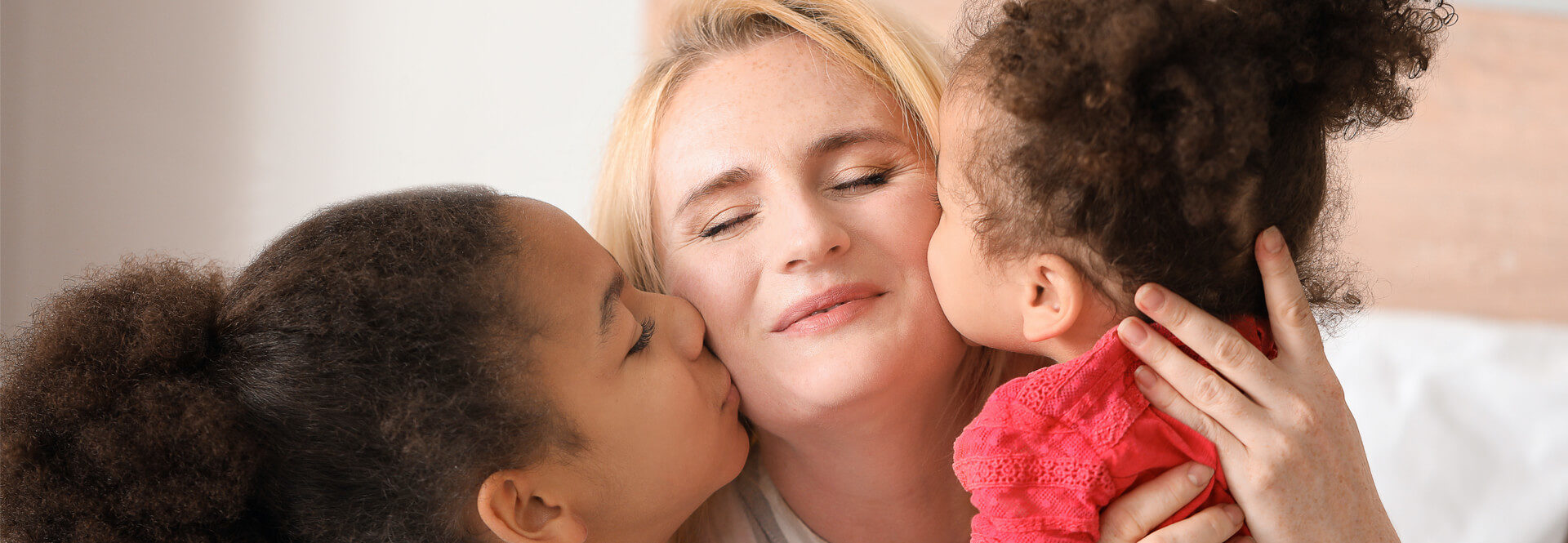
Ask the Adoption Coach: Substance Abuse and Adoption
Reader: I have a question about these kinds of scenarios. Are we as potential adoptive parents made aware of the fact that the birthmom continued to drink while pregnant? Is information like that made available or only if the birthmom is willing to divulge it? How can we know?
Adoption Coach:
Dear Reader:
Dear Reader:
Thank you for your questions. It seems that you are concerned about an expectant mother’s health, recreational drug choices, and if that information will or won’t be disclosed to you, as a prospective adoptive parent. And I’m guessing that you are asking these questions because you wonder how the choices the mother makes and the disclosure (or lack thereof) will affect your adoption journey and your future child.
Of course, every situation is different. Some expectant mothers are quite forthcoming, while others, out of embarrassment or lack-of-willingness to share personal information, choose not to disclose their choices and/or medical history. Some mothers are fearful of the judgment they will face by adoption professionals and prospective adoptive families, as well as by their child, who someday may learn of the mother’s choices.
Prospective adoptive families often feel that they are entitled to know what they are getting themselves into. Will they be chosen to parent a baby who might have fetal alcohol syndrome? Who might experience withdrawals? Who might have ADD or ADHD as a result of the mother’s drug use? What about the openness in the adoption? What if the biological mother doesn’t disclose certain information at the time of selecting a family but the information is discovered post-placement, and the adoptive parents feel manipulated? Perhaps you don’t have stellar medical coverage, meaning if a child is high-risk, it will be financially risky to accept the placement.
If a mother chooses to disclose information to the adoption professional, the professional has an obligation to share that information (within reason, not breaking confidentiality) to the selected adoptive parent(s). The adoptive parent(s) can then decide whether or not to accept the match or placement, based on the information shared.
Now, whether or not there is full disclosure by the biological mother is entirely up to her. She is not obligated to share the intimate details of her life with an adoption professional. However, disclosure is often beneficial to the health and wellbeing of child. If information is shared prior to the child’s birth, the adoption professional can help facilitate resources being put in place in advance. Perhaps this involves choosing a specialized doctor or facility alongside the biological mother and encouraging the matched adoptive couple to educate themselves on particular risks and conditions associated with substance abuse.
For certain, choosing adoption is risky and a bit terrifying. The adoptive parent often has little control over the adoption journey and has to take an expectant mom at her word, however many or few words are offered. A healthy adoption involves disclosure, trust, building relationships organically and over time, honesty, ethics, empathy, and balance. These things do not come easily, since adoption is a bittersweet, emotional, and difficult journey for all members of the adoption triad (the biological parent(s), the adoptive parent(s), and the adoptee(s)).
As cliché as this is, choosing adoption takes two things: common sense and faith. If you enter into an adoption situation you aren’t comfortable with (if you sense many red flags), it is your right to choose not to continue with the match. Likewise, the biological mother has rights. She may choose to veer away from the adoption plan (often referred to as the mom “changing her mind”) at any point until her termination of parental rights (TPR) has become official. As far as faith, no one knows where an adoption journey will take a person. There are many risks, but there are potentially fantastic rewards as well.
As you consider adopting, you’ll want to scrutinize the adoption professionals you choose to work with. You should ask, among many other questions, what information you are given about an expectant mother’s history and when in your journey you will learn that information (when your profile is being shown, after a match happens, etc.). Most agencies will ask you to fill out a checklist of the medical conditions are or aren’t open to (or which expectant mom’s substance uses you are or aren’t open to). You may choose to review this checklist with your doctor, getting his or her professional opinion on the listed conditions and situations. You should shy away from agencies that pressure you to be more open than you are comfortable with or prepared for, and one that doesn’t offer you assistance in further education so you can make informed decisions.
Adoption is very much “wait and see.” So, if you choose to build your family through adoption, get ready for an adventure!


×
Search Adoption Network
Speak with a Specialist 1-800-367-2367